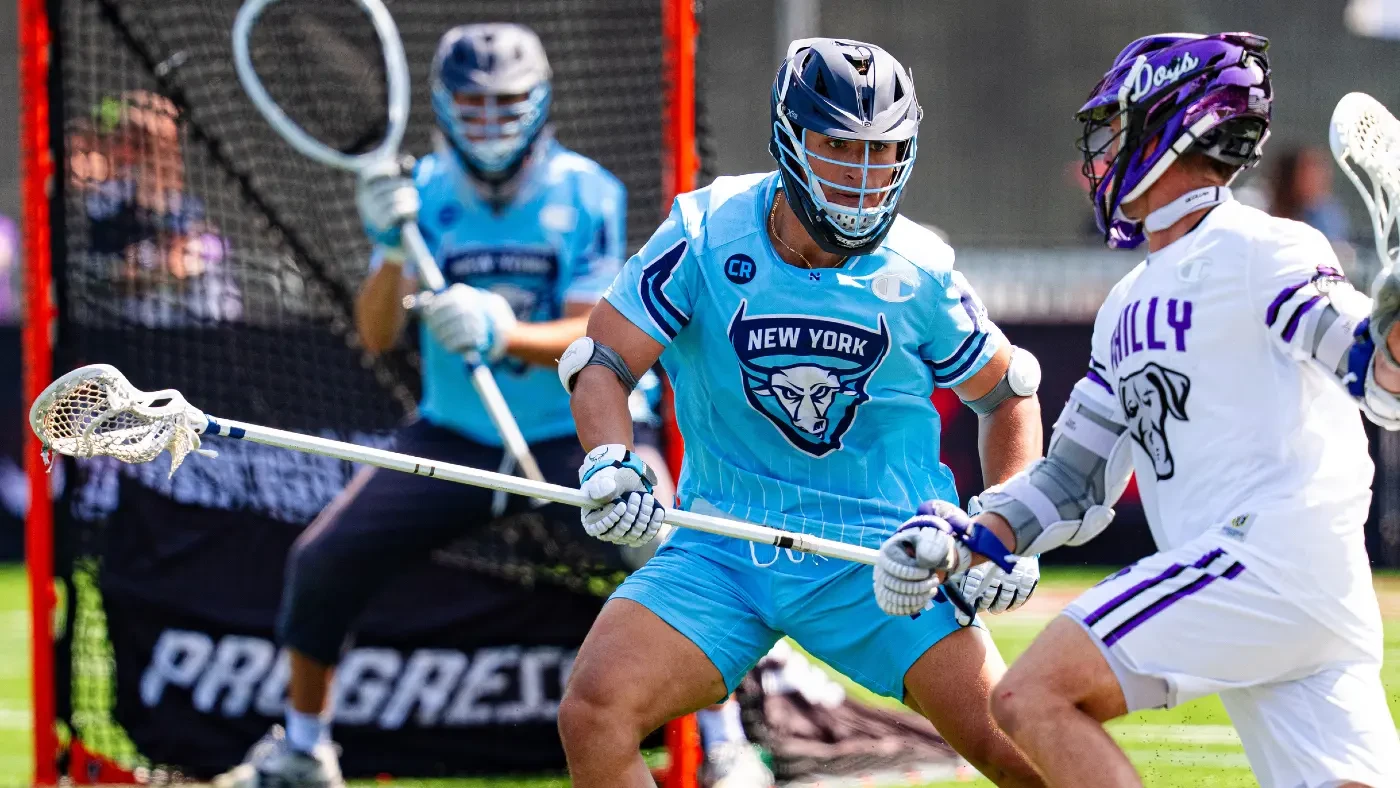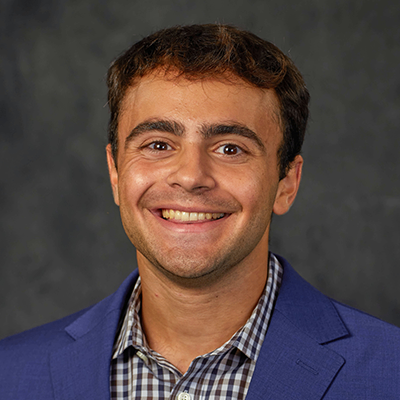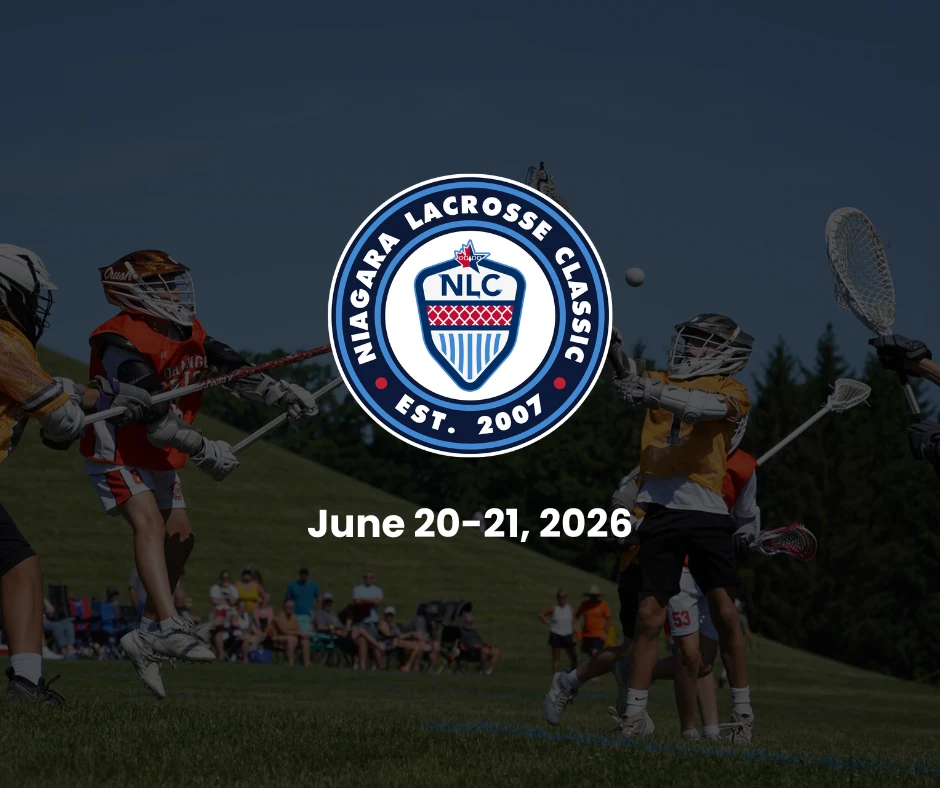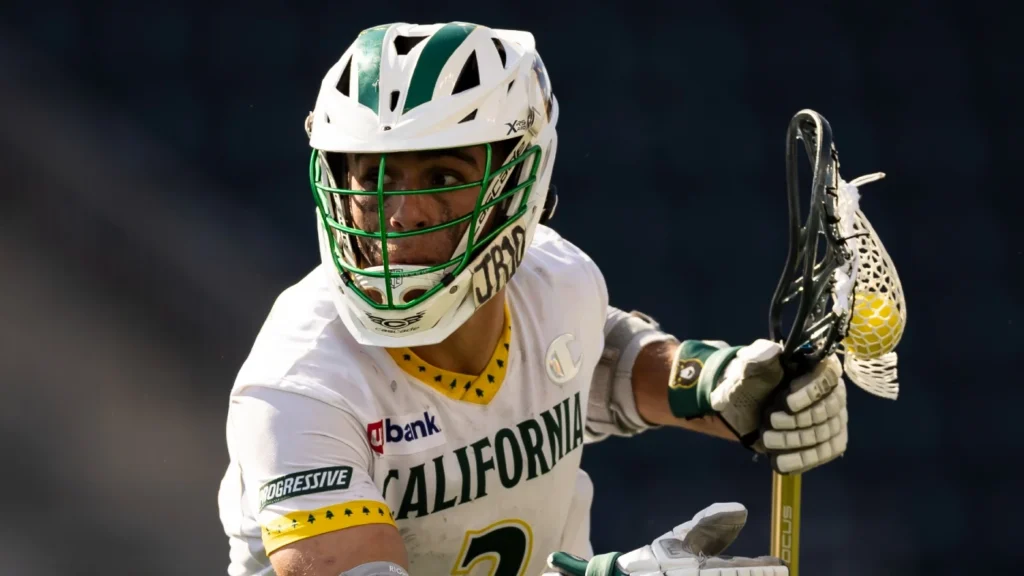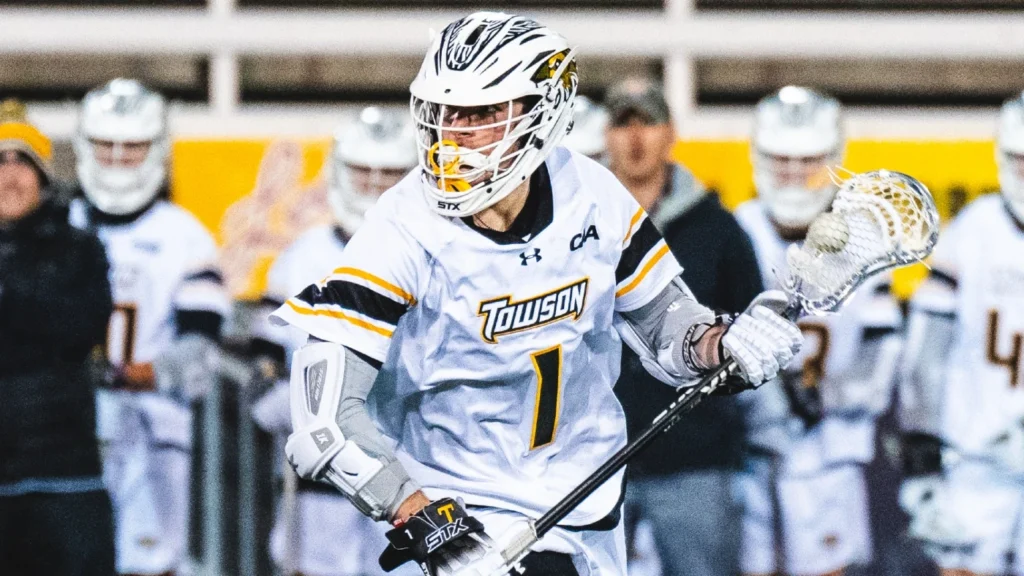In the regular-season finale, the New York Atlas outlasted the Philadelphia Waterdogs 20-19 in a record-setting shootout that featured 39 combined scores. The game was the highest-scoring contest in PLL history, and it proved to be a prelude to the semifinal matchup between the two squads.
With New York and Philadelphia set to play each other on Monday for a spot in the U.S. Bank Championship, the Atlas must address some of their defensive flaws from their last meeting as they look to reach their first-ever championship game.
1. Sub offensive midfielders early
While Atlas head coach Mike Pressler touts his midfielders as athletic and able to play on both sides of the ball, not all of their personnel fit into that category.
One of New York’s most dynamic offensive midfielders, Reid Bowering, is not the best matchup to have stuck on defense. The Waterdogs took advantage of that mismatch early by keeping him trapped on the field, getting him stuck in their pick game and using that to create space.
Philadelphia short-stick defensive midfielder Dylan Hess did a great job of keeping Bowering stuck within the play on a pick that eventually led to a Waterdogs goal.
